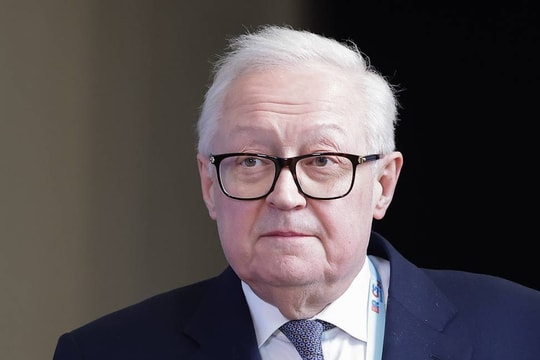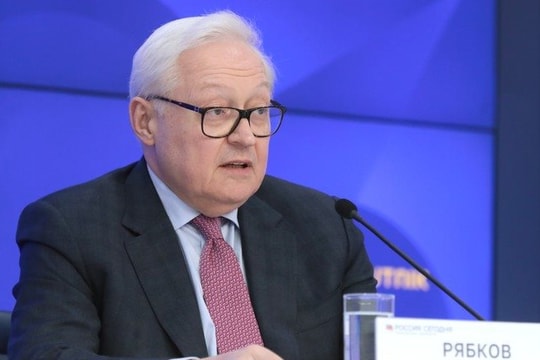The US launched an aggressive defense "blow" against both Russia and China.
(Baonghean) - With the $716 billion National Defense Authorization Act (NDAA) for fiscal year 2019 just signed into law by President Donald Trump, the US has made both Russia and China frustrated and criticized.
Because this Act has many new points, not only to modernize weapons, increase the size of the US military but also directly target Russia and China. How will this US Defense Act affect the relationship between the US with Russia and China as well as the general security context?
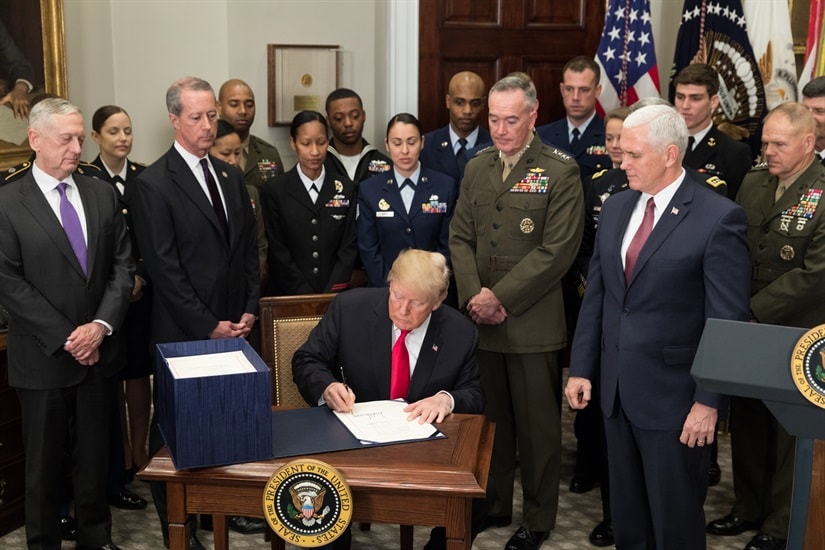 |
| US President Donald Trump signed the $716 billion National Defense Authorization Act (NDAA) for fiscal year 2019. Photo: White House |
Record defense spending
Named after Senator John McCain, the US National Defense Authorization Act (NDAA) is nearly 800 pages long, most of which are provisions to strengthen the US military. Specifically, the Act will increase the number of soldiers by nearly 16,000, and increase military pay by 2.6%.
Of the $716 billion - the highest defense spending ever - the US will allocate to many items such as extraordinary military campaigns abroad, deploying nuclear weapons, purchasing a series of fighter jets, building warships, developing new weapons such as the B-21 strategic bomber, integrating Patriot missiles with the Terminal High Altitude Area Defense (THAAD) missile defense system...
The new US defense bill requires the Department of Defense to study the possibility of deploying additional missile defense components in Europe to counter what the US considers threats from Russia, limit military cooperation with Russia or prohibit any recognition of Crimea's annexation by Russia.
Meanwhile, with China, the Act has supported the exclusion of Beijing from the annual joint exercise with allies and partners called Rim of the Pacific (RIMPAC) and many provisions against this country...
Of course, Russia and China immediately had particularly harsh reactions to this Act.
Russian Deputy Foreign Minister Sergey Ryabkov said that with the new Act, the US and its allies are violating the 1988 Intermediate-Range Nuclear Forces (INF) Treaty.
Meanwhile, Chinese Foreign Ministry Spokesperson Lu Kang said that he had sent a diplomatic note of protest to the US and called on Washington to abandon its Cold War mentality and reconsider its relationship with Beijing.
Kill two birds with one stone
Despite Russia and China's objections and criticism, signing the National Defense Authorization Act (NDAA) is a multi-target arrow for US President Donald Trump, especially at the present time.
First of all, this Act is a step to realize the National Defense Strategy announced in January of this year and the National Security Strategy announced on December 18 of last year by the Trump administration.
According to observers, unlike his predecessor Barack Obama who focused on terrorism and rebel groups in the Middle East, the main point of view in President Donald Trump's security and defense strategy is to return to "competing" with major rivals of equal stature.
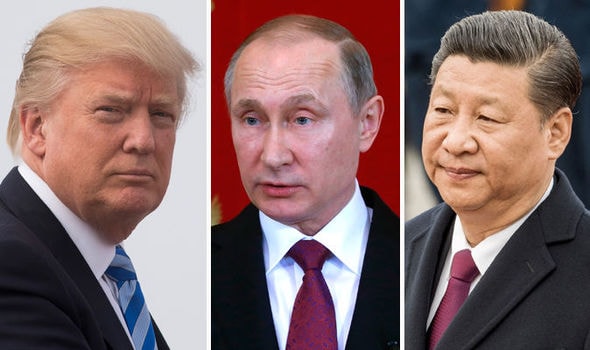 |
| The new US National Defense Act (NDAA) is heating up the already tense relationship between the US and China and Russia. Photo: Getty |
This policy does not deviate from Donald Trump's motto "America First", when every solution brings benefits to the United States in all aspects.
It is also keeping the promise that Mr. Trump once committed to voters. This will certainly be a plus point for him personally in the important midterm elections in the US later this year.
Not only that, this National Defense Act is also a rare bill that reconciles the requirements of both houses of the US Congress and was passed and signed into law at an unprecedented speed.
The $716 billion bill is clearly pleasing the defense industry, which is considered the “right arm” of the Republican Party, and it has probably also received support from politicians from both parties who support a “tough” stance on relations with Russia.
Militarization of the economy?
This defense bill is considered a “heavy blow” to rival China, which is still in tension with the US in the trade war between the two sides. The Washington government has accused Chinese technology companies of trying to acquire technology, becoming a national security threat to the US.
Therefore, the new Defense Act also stipulates Congressional control over contracts that the US Government signs with Chinese technology corporations ZTE and Huawei.
At the same time, the Act also allows for funding for tough actions against China as well as controlling Beijing's activities in the Indo-Pacific region...
Observers say that it seems that US President Donald Trump is using all his important cards in both the economic and defense fields, creating overall power to change the rules with China in a direction that is favorable to the US. Meanwhile, Beijing will probably be forced to comply if it does not want to suffer too much damage.
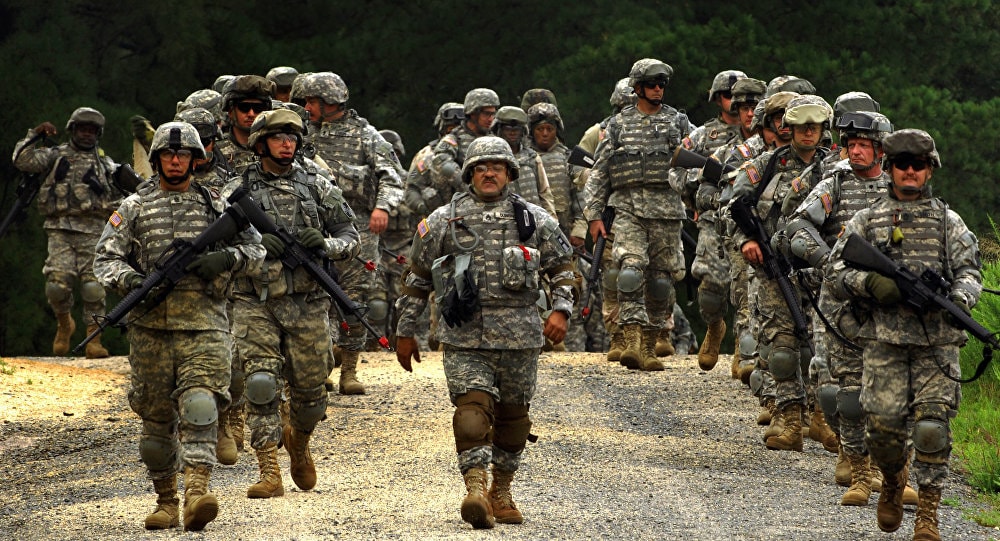 |
| The US National Defense Authorization Act (NDAA) will increase military pay by 2.6%. Photo: CC BY 2.0 / The US Army / US Army Soldiers |
Faced with the strong blow from the administration of US President Donald Trump, certainly, both China and Russia will not be able to sit still. Observers believe that sooner or later, these two countries will also take new steps to adjust their security and defense policies to respond to the US. Even new links between Russia and China can be established to face a common concern.
Russian military experts commented that it seems that the US is trying to start a modern arms race, militarizing all sectors and aiming to drain the economies of both Russia and China.
It is not known whether this assessment is correct or not, but it is known that as soon as it was signed into law, the new US National Defense Act has increased the temperature of the already tense relationship between the US, Russia and China recently.
And certainly, the common security context of the Asia-Pacific region, where all three countries are looking to increase their presence and role, will therefore become even more heated./.

